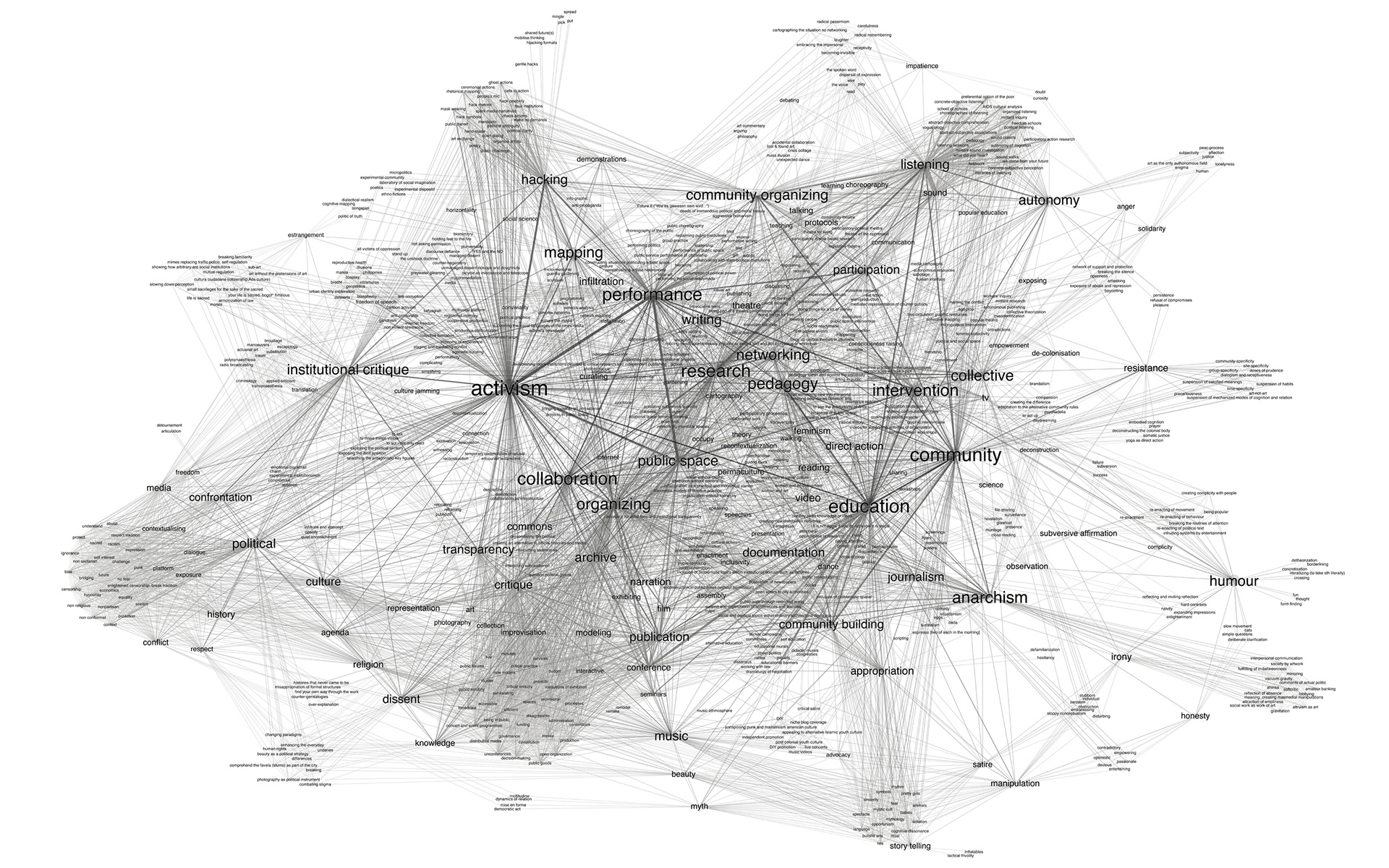DATAFICATION
“We are more honest with Google than we are with any person: we google our problems, whatever they may be, as well as what we like, what we want to know, what we’re planning on doing, our thoughts - everything…. All this, amongst much, much more information - as we’ve all known for some time - is monitored” - Mark Farid, 2015
Datafication is the term used to describe how aspects of life are being turned into computerized data; this information simultaneously transforming into new forms of value. This is an outcome of the fact that digital technologies have become woven into the human experience, changing the way we shop, communicate, bank, travel, and go about our daily lives. The result, an unprecedented proliferation of digitized records and data. From health to interpersonal connections, from public administration to security, the range of human activities and cultural forms being documented and datafied is expanding. Digitized into binary numerical form, stored and manipulated by computers at unprecedented efficiency, the preservation of the most minute details of human behavior is enabled by technologies.
Burgeoning from this data landscape is industries collecting, storing, cleaning, and selling the trillions of data traces left by our movements through the digital and physical environment. The massive increase in internet usage and the ubiquitous adoption of smartphones render the amount of data gathered from online and offline activities as extensive. Please see Surveillance Capitalism for more details.
![]()
'Tactics Network Truth Is Concrete' Artwork by Burak Arikan, 2012, source: https://burak-arikan.comBurgeoning from this data landscape is industries collecting, storing, cleaning, and selling the trillions of data traces left by our movements through the digital and physical environment. The massive increase in internet usage and the ubiquitous adoption of smartphones render the amount of data gathered from online and offline activities as extensive. Please see Surveillance Capitalism for more details.
